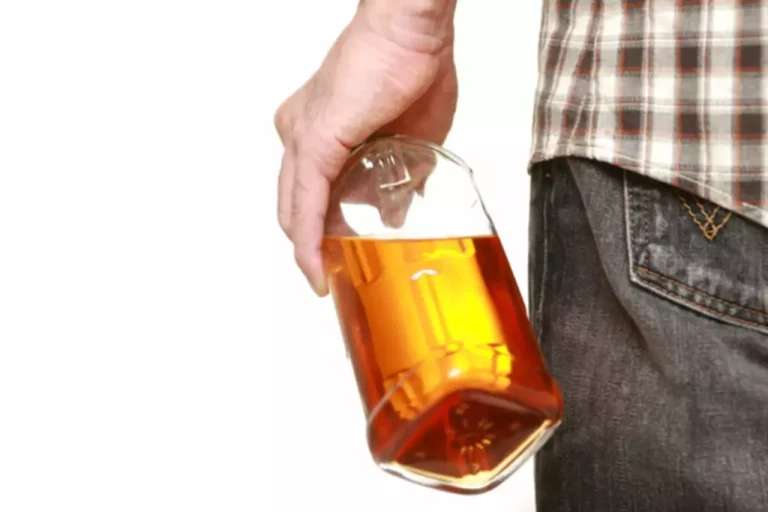
Some standard excuses are that you have to get up early the next day, you can’t mix alcohol with your medication, or you have to pick your child up on the way home.

Patient Care Network
At family gatherings and social events, tote around your favorite non-alcoholic drink. People won’t feel so inclined to offer you a drink, and they won’t get the chance to pester you about your sobriety. Keeping in touch with your support system throughout the holidays doesn’t just make for a merrier season. And it’s important to have someone to text or call if you find yourself struggling with alcohol cravings at a holiday event or in general. Connecting with those that keep you sober before venturing into high risk situations is a great way to maintain your resolve to stay sober. Drop by a meeting before that holiday party – and if you feel like you need it, stop by for another one on the way home as well.

Plan to Say No
- Sober Holidays Tip #8 Do a Recovery Zone ReCheck before the holidays get started.
- If not, you should take steps to remind yourself of why you’re clean and sober, to stay in touch with your support network, and to make choices that will keep you in your best mental frame of mind.
- Nourish your spirit, too, through personal reflection and connection with those you love.
- The holidays should be a festive and happy occasion, but they also pose significant challenges.
- Holiday parties often include alcohol and can be tricky to navigate for people who are in any stage of the recovery process.
Make a plan now for how you will deal with these events; maybe you’ll go to some extra meetings before you travel, and plan to call your sponsor or a fellowship friend if anything does happen. Or maybe you’ll investigate online meetings now, before anything happens, so you can go to a meeting at a moment’s notice. Remember, it’s okay to retreat to an earlier Recovery Zone for a few weeks. For many of us, the holidays are a season of peace and joy, where we decorate our memories with calm and happy moments. But the reality often looks quite different, and the holiday stressors quickly pile up for the person in recovery from alcohol or drug addiction, making it a difficult time of year to stay sober.
Hatch a holiday escape plan, and plan to protect your sobriety

Sarah Allen Benton, M.S., LMHC., LPC, is a licensed mental health counselor and author of Understanding the High-Functioning Alcoholic. Enter your phone number below to receive a free and confidential call from a treatment provider. To find another treatment program, browse the top-rated addiction treatment facilities in each state by visiting our homepage, or by viewing the SAMHSA Treatment Services Locator. If you have had a slip, or a series of slips, over the holidays, https://ecosoberhouse.com/ the most important thing you can do is talk to someone about it. Before your holiday schedule becomes packed with parties, get-togethers, family dinners, and more, commit to getting regular sleep. Many people have activities or interests that help keep them balanced.
- Local and state resources for substance abuse and addiction can vary according to where you live.
- If you have had one slip, or especially if you’ve had multiple slips, it’s important to recognize not only that this happened, but that you don’t have to face it alone.
- If those thoughts begin to creep in—those rationalizations about your eminent capability to now handle your liquor—shut them down immediately.
- People will often well-meaningly try to convince you to drink or even use, and they will hand you alcohol.
Afterward, you will feel one step freer from the destructive patterns that have dragged you down in the past. The winter season may trigger symptoms of seasonal affective disorder (SAD). The reduced sunlight may disrupt the body’s internal clock and contribute to a drop in serotonin levels. Therefore, people with SAD may have troubling depressive episodes, persistent low mood, loss of interest in usual activities, fatigue, low appetite, and sleep issues.
- It is important to know that a strong support system is one of the foundations of achieving long-lasting recovery.
- We’re here 24/7 to help you get the care you need to live life on your terms, without drugs or alcohol.
- Here are some relapse prevention tips and self-care ideas for the holiday season, or any time.
- If you are facing financial difficulties, discuss sharing experiences instead of gifts.
- There are many activities to enjoy during the holidays that do not involve drugs or alcohol.
- Some families might consider the holidays an inappropriate time to help a loved one get into addiction treatment when, in fact, it could be an ideal opportunity.
- You can ask others to bring everything from appetizers to non-alcoholic drinks to paper goods.
- Volunteer, serve at an event for underserved people, and make an intentional effort to express gratitude by sharing time and effort that benefits others.
- A key part of staying in recovery is the rigorous practice of self-care.
Millions of Americans live with some form of drug or alcohol addiction, and many are in recovery. Let them know your commitment to sobriety and what kind of support you need from them. Resting appropriately also decreases your stress and aggression levels, building resilience sober holidays in recovery.

The holidays may be a difficult time, but you do not have to face addiction recovery alone. It is a more common experience than people think and there are many support groups and options available to help you fully heal. Landmark Recovery provides drug and alcohol recovery centers that help addicts take the first steps towards achieving and maintaining sobriety. Our therapy programs help patients to understand and cope with past mistakes with the eventual goal of leading a happy, fulfilling life that is substance free. Our caring staff is trained in residential treatment, individual and group therapy, as well as an intensive outpatient program and detox treatment. If you’ve recently gone through recovery and are now clean or sober, the holidays may be a worrying time.
Add these stressors to the steady flow of alcohol other substances present at many holiday events and individuals in recovery have the perfect storm for potential relapse. Here are some relapse prevention tips and self-care ideas for the holiday season, or any time. Winter holidays like Christmas, Hanukkah, Kwanzaa, and New Year’s Eve may involve stress, which for people in recovery, can be a trigger. The winter holidays can be difficult if you are new to sobriety, or if you tend to have a more difficult time with mental health during the winter months.